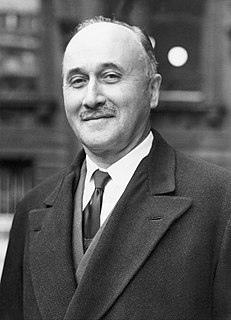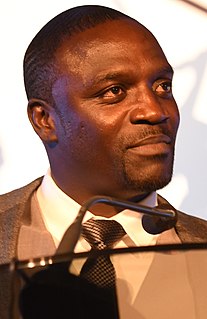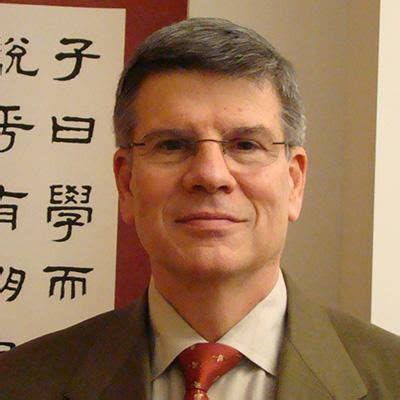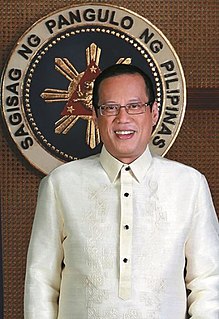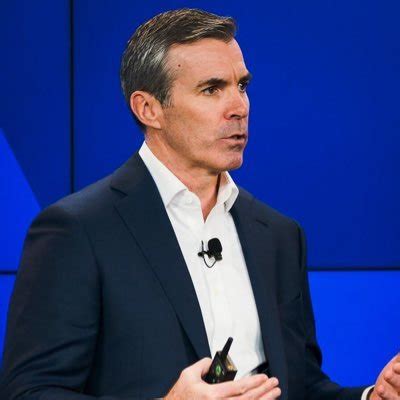A Quote by Jeffrey Sachs
The rich do not have to invest enough in the poorest countries to make them rich; they need to invest enough so that these countries can get their foot on the economic ladder . . . Economic development works. It can be successful. It tends to build on itself. But it must get started.
Related Quotes
The key to ending extreme poverty is to enable the poorest of the poor to get their foot on the ladder of development. The ladder of development hovers overhead, and the poorest of the poor are stuck beneath it. They lack the minimum amount of capital necessary to get a foothold, and therefore need a boost up to the first rung.
The great question for our time is, how to make sure that the continuing scientific revolution brings benefits to everybody rather than widening the gap between rich and poor. To lift up poor countries, and poor people in rich countries, from poverty, to give them a chance of a decent life, technology is not enough. Technology must be guided and driven by ethics if it is to do more than provide new toys for the rich.
There will be no peace in Europe if the States rebuild themselves on the basis of national sovereignty, with its implications of prestige politics and economic protection... The countries of Europe are not strong enough individually to be able to guarantee prosperity and social development for their peoples. The States of Europe must therefore form a federation or a European entity that would make them into a common economic unit.
I always felt like if you get to a point where you've got enough money to invest in something real, you gotta invest in anything that's related to a natural resource because that's gonna be here forever - so you might as well invest in something that's gonna be here, rather than invest in something that's gonna wear out.
Syria's neighboring countries cannot and should not carry the cost of caring for refugees on their own. The international community must share the burden with them by providing economic aid, investing in development in those countries, and opening their own borders to desperate Syrian families looking for protection.




